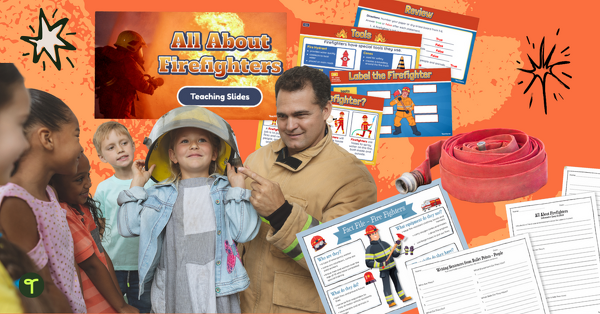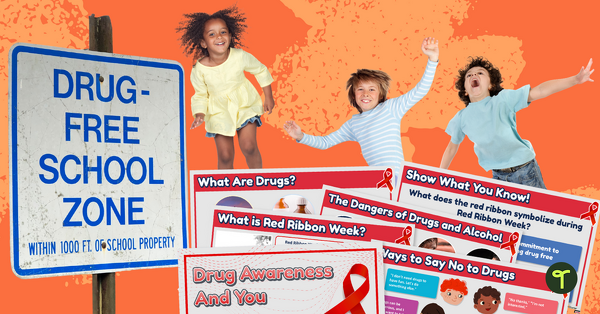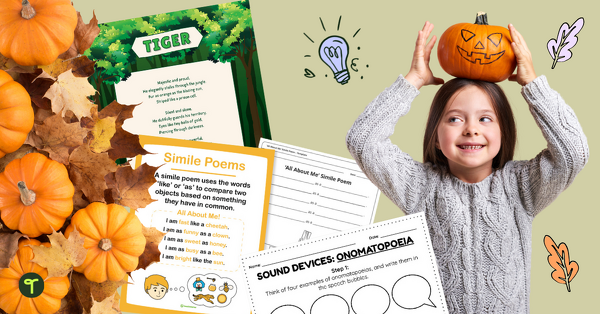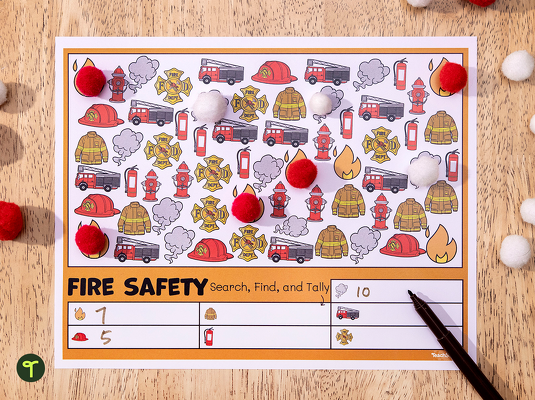Squid Game is on track to be one of the most streamed Netflix shows of all time, and with a focus on people playing a very dangerous version of a children’s game, perhaps it’s no surprise that kids are now playing their own “Squid Game” at school.
What Is Squid Game?
If you haven’t caught an episode yet, Squid Game is a South Korean show that is available on US Netflix with English dubbing or English subtitles. It follows people who play deadly versions of popular children’s games like Red Light, Green Light in the hopes that they can win cash and get out of debt. It’s violent and graphic with contestants playing to the death, and health experts all around the world are warning parents not to let their kids stream the show. The warnings are echoed by schools here in the US asking parents the same, like this one from the Crandon, Wisconsin school district:
“It was brought to my attention that kids have been ‘playing’ Squid Game while at recess on the playground.” pic.twitter.com/KEjfjLMBEn
— Rob Mentzer (@robertmentzer) October 22, 2021
But as Dr. David Anderson, PhD, the head of School and Community Programs at the Child Mind Institute, pointed out in a statement about Squid Game from the non-profit, “It’s notoriously difficult to keep kids from seeing adult shows that explode the way this one has.”
So where does that leave teachers who are hearing kids whisper about Squid Game in the classroom and play their own Squid Game on the playground? We asked the experts what teachers can do.
Tips for Dealing with ‘Squid Game’ at School
Trent from the Cyber Safety Project works with families and schools to make the Internet safer for kids. Here’s what he had to say.
Tip 1: Knowledge is Power
First up? Talk to the parent community! Make sure they are well informed of the fact that Squid Game exists, and the different ways that their kids might be accessing the show — because it isn’t just Netflix itself. Here are the main ways that children are accessing Squid Game, or parts of the show:
- Netflix (parental controls can be used so that when ‘Squid Game’ is searched nothing shows up)
- YouTube (it won’t show up on Kids YouTube)
- TikTok
- World in Roblox
Tip 2: Know the Squid Game Lingo
Are you aware of the lingo that is centered around Squid Game?
You don’t have to watch the show yourself, but understanding the different games that are featured on the show is going to be helpful for teachers in order to pick up on behaviors before they get out of hand. Here are some of the games that are played throughout the Squid Game series:
- Red Light, Green Light
- Marbles
- Tug of War
- Round circles of honeycomb with shapes on them
Understanding how that game is referenced in the show is really important. Some of these may be popular games that mean no harm, but if they are playing a game and instead of just being ‘out’ the eliminated players are pretending to die, this could be an indication that some of these children have been exposed to the Squid Game.
Tip 3: Talk About It
If you are noticing children having conversations about Squid Game, or possibly playing some of the games, don’t ignore it. Face it head on. Some questions to ask:
- Why aren’t violent games OK in our classroom?
- If a friend asks you to play a Squid Game-style game, what could go wrong?
Conversations are vital to empowering your students to take ownership of this situation. This will also help them to understand why this style of gameplay may be damaging to them and others around them.
Tip 4: Talk About Emotions
If this style of gameplay relating to Squid Game is happening at your school, you may notice that this begins to impact the relationships of the young children in your class. During circle time it may be a good idea to talk about emotions using some emotion cards.
Tip 5: Promote Help-Seeking Strategies
Help your students recognize the importance of talking to somebody when they see something, particularly online, that is making them feel unsafe, uncomfortable, worried, or scared.
Create a worry jar for the classroom and invite students to write down things that may be worrying them. This is a great way to encourage communication about something that they may find too scary to verbalize.
These teacher resources may also help:
[resource:4387270][resource:4490614][resource:4454849]
How are you dealing with Squid Game popping up in the classroom?
Banner image via Netflix







Comments